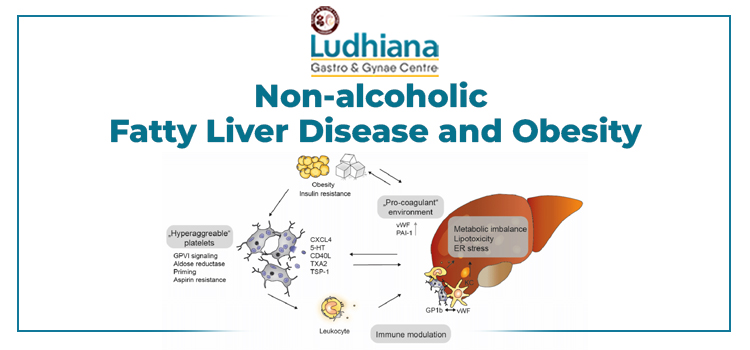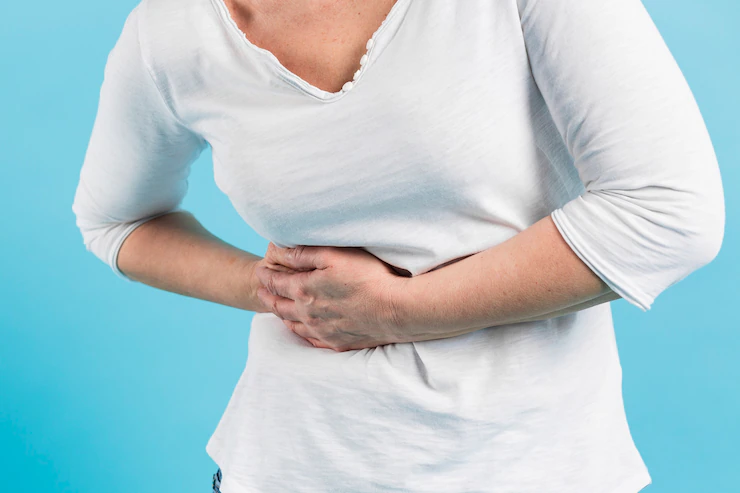Non-alcoholic Fatty Liver Disease and Obesity
It is commonly known that drinking alcohol excessively harms the liver. There is a widespread perception that this is the primary cause of cirrhosis and other serious, usually fatal liver diseases. Obesity is an important contributing factor as well. Fatty deposits develop in the liver as a result of both excessive drinking and obesity. NAFLD, standing for non-alcoholic fatty liver disease, is the diagnosis.
How does NAFLD impact the body?
The liver is one of the body’s most important organs. It helps improve digestion, produces proteins that rebuild and repair damaged cells, stores the iron the body needs, turns food into energy, and aids in the body’s capacity to fight off diseases. A small amount of fat is present in the liver’s normal composition. NAFLD is present when obesity causes the quantity of fat in the liver to rise to 5% to 10% of the total weight of the liver.
In many cases, NAFLD may not show any symptoms, making it difficult for people to identify their condition. In other cases, the liver swells, damaging the surrounding tissue. It’s also referred to as Non-Alcoholic SteatoHepatitis ( NASH). Cells are damaged as a result of this harm, and scar tissue develops as a result, reducing the liver’s ability to function. Cirrhosis is a disorder that develops when the level of scar tissue is excessive and can result in liver cancer and liver failure.
How does obesity cause fatty liver disease?
NAFLD may occasionally appear out of nowhere. Stated that the following are some frequent reasons for the condition:
- Obesity is one of the most common causes. Modern eating habits, lifestyles, inactivity, and genetic predispositions are the main causes of obesity.
- Type 2 diabetes
- Diabetes syndrome
- Taking some prescription medication
What symptoms are present in fatty liver disease?
NAFLD patients usually don’t exhibit any symptoms until the disease has progressed to the cirrhosis stage. In other circumstances, the symptoms could be:
- Abdominal pain or a feeling of fullness
- Nausea
- Appetite loss
- Weight loss
- Eyes and skin with yellow undertones (jaundice)
- Extreme fatigue
- Mental confusion
- Swollen legs and abdomen
Which treatment is most effective for NAFLD?
The first step in treating NAFLD brought on by obesity is weight loss. Under medical supervision, a controlled, progressive weight loss that doesn’t fluctuate could halt the disease’s course. This requires maintaining a tight diet and doing lots of exercises. A Gastro Doctor may also prescribe medication to treat NAFLD. If all other treatment options fail and the condition gets bad enough to risk one’s life, the only option left is a liver transplant.
If you have NAFLD or think that you could have it, consult with a fatty liver treatment in Punjab. Despite popular belief, a transplant surgeon won’t always prescribe one. The surgeon always places the patient’s best medical needs first. If there are no other options, a liver transplant specialist will recommend a transplant after carefully weighing all available options. Although NAFLD and other major liver problems. they are discovered and treated, the better the chance of recovery.



